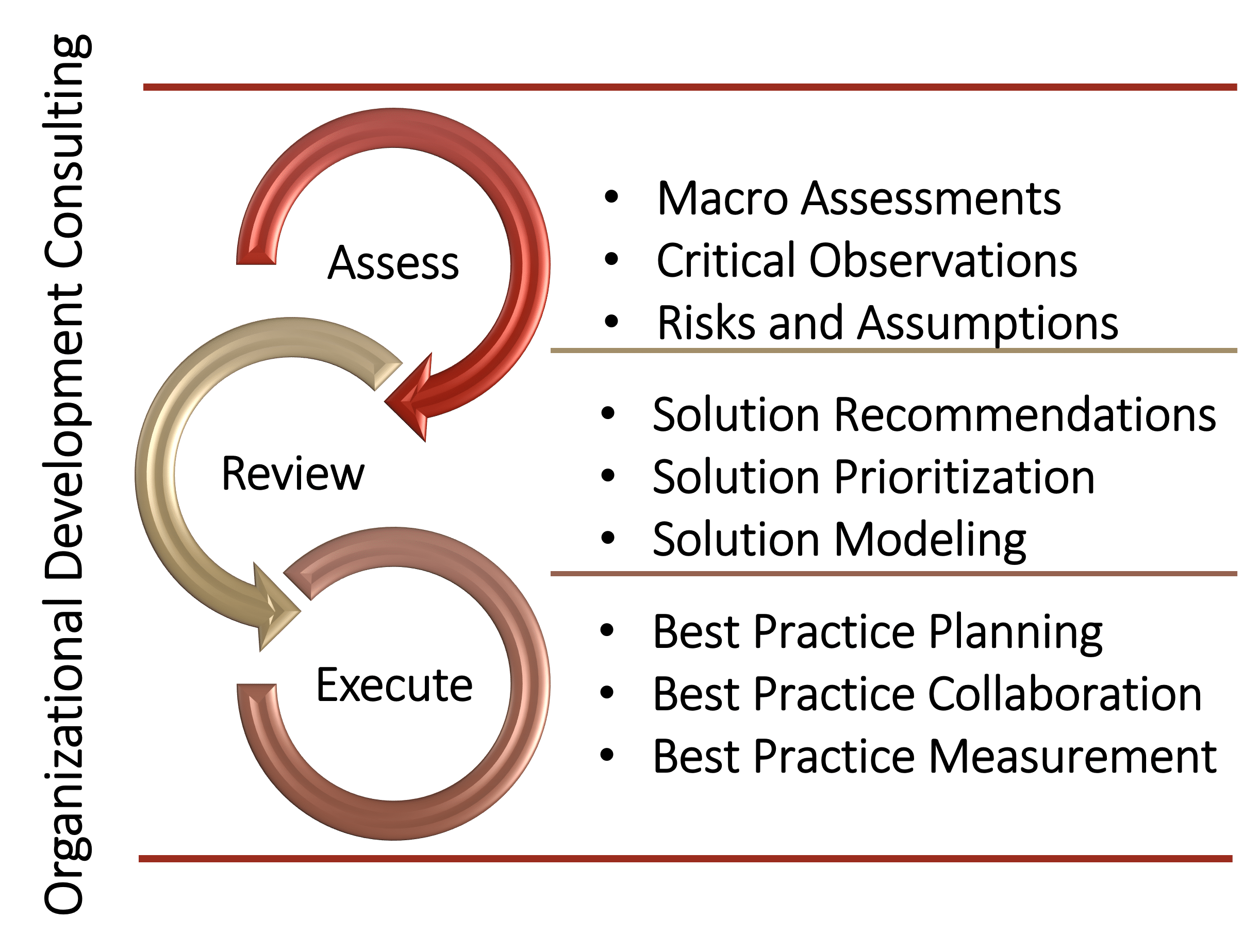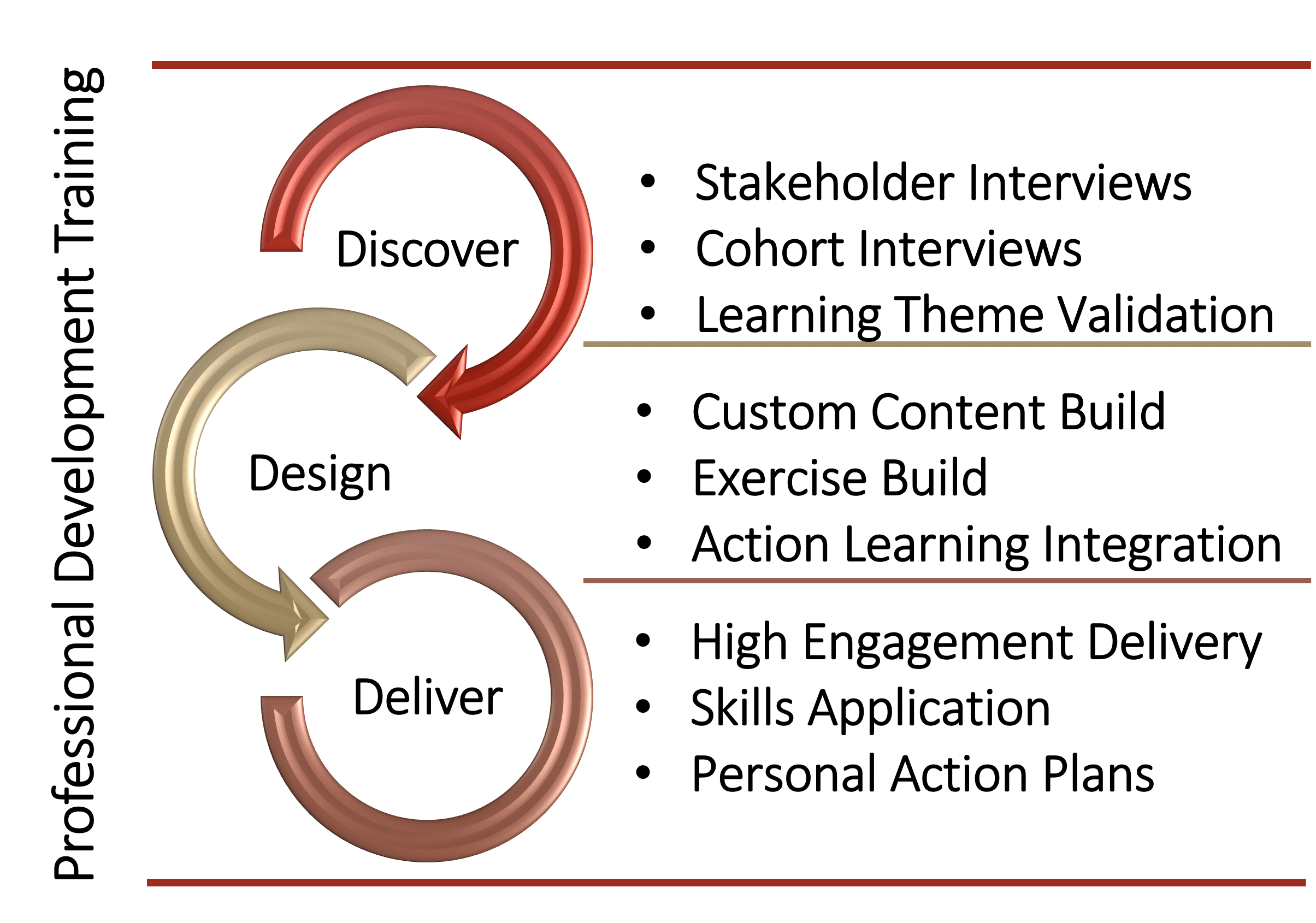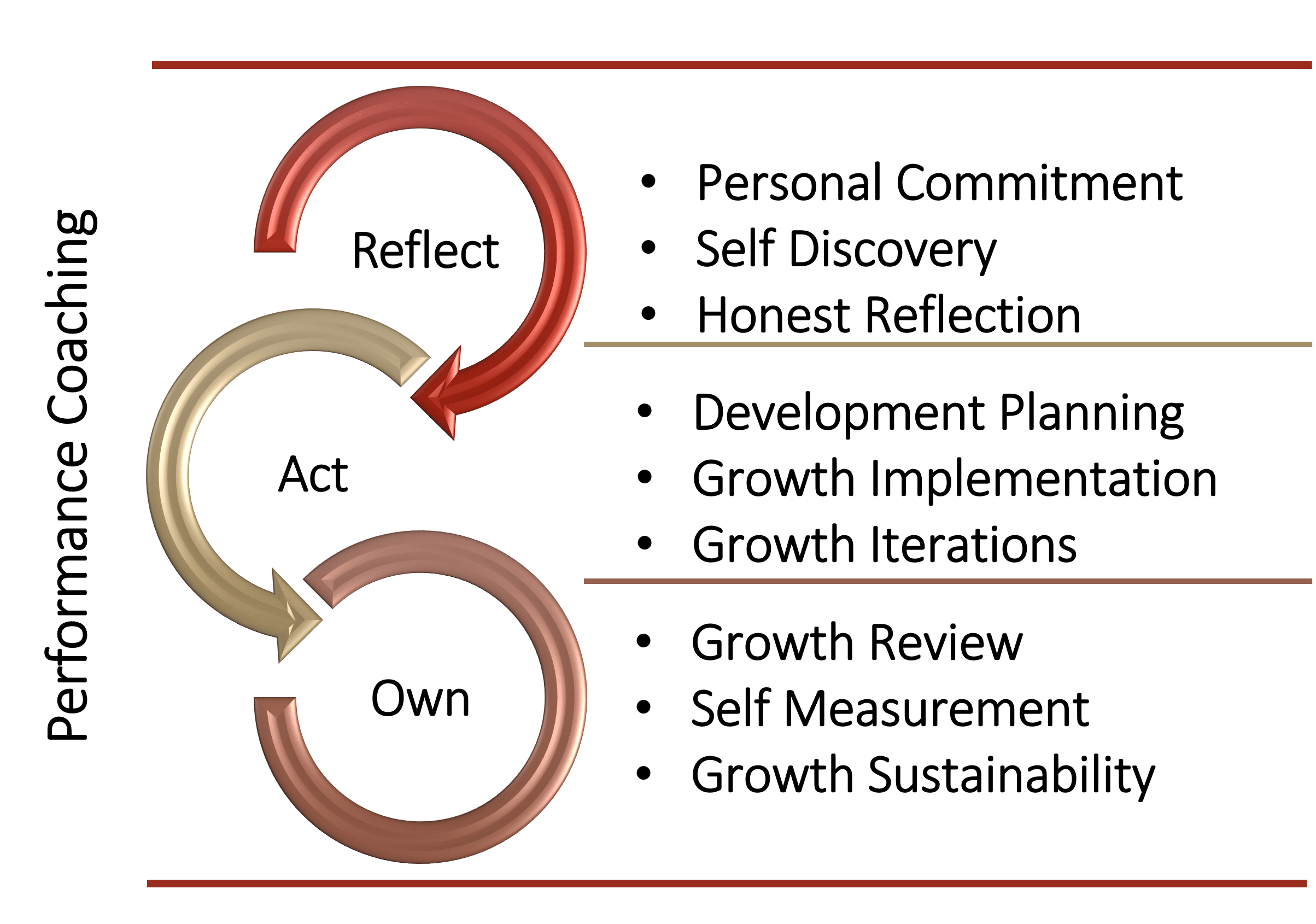Client
The client is a multi-national engineering consulting firm that provides facility design and construction services to healthcare, academic, and other organizations.
Challenge
Provide guidance to help the management leadership understand the functional barriers that are inhibiting effective teamwork, resource management, and project execution.
Solution
We developed a workshop to facilitate improved teamwork with the goals of a unified organization vision, improved levels of trust and collaboration, and breaking down of the functional barriers to an effective project-driven organization. Building upon the results of the workshop, a cross-functional team performs a workflow analysis to provide an understanding of the inefficiencies and establish new project execution processes, roles, and responsibilities. This leads to the expansion of the existing project charter to a comprehensive Project Plan template to provide a better foundation for project execution management and control. The resource management requirements are examined, and improvement opportunities identified. An integrated demand planning, capacity planning, and resource management process creates a solid structure for day-to-day resource monitoring and control. Finally, the organization levels of management are reviewed to determine the appropriate structure to support the streamlined project execution processes.
Benefits
The above approach results in:
- Higher morale resulting in improved teamwork.
- More effective collaboration between departments.
- Streamlined organization structure.
- Improved project execution processes.
- More consistent and effective resource management.
- Increased project revenue due to removal of inefficiencies.
- Increased capacity – more projects flowing through the organization.
- Identification of skill gaps and training needs.
Client-Centric Engagement Models
By leveraging our collaborative engagement models, we partner with our clients to understand their unique needs through formal data collection, rigorous gap analysis, and solution customization. This methodical approach leads to high-impact solutions, rendering “leave behind” value that our clients measure in sustainable performance improvement.




Our Commitment to Excellence
Advanced Management Services, Inc. (AMS) is a premier Organizational Development consulting firm. Since 1994, AMS has been serving cross-industry Fortune 500 companies, mid-market businesses, high-growth firms, and government entities with innovative business solutions.
Aeronautics - Banking & Finance - Construction & Engineering - Higher Education - Government & Municipal Agencies
Hospitality - Manufacturing - Pharmeceutical - Research & Development - Scientific
Transportation - Automotive - Biotech - Professional Services - Energy/Utility/Gas/Oil/Nuclear
Food Processing - Food Service - Healthcare - Information Technology & Artificial Intelligence (AI)
Software Development - Non Proffit & Association Management - Publishing - Retail - Sales & Marketing - Telecommunications
What Our Clients Say
At AMS, our clients’ testimonials speak volumes about our commitment to excellence. Our tailored solutions have consistently driven sustainable growth and outstanding results for our clients, you can learn more about the details of how we helped them exceed their objectives in our Solution Briefings or Contact Us to discuss your unique needs.

"The team at AMS provided some of the best corporate training we ever received. The consultant's ability to fully understand our industry and how the PM space was impacted and complimented by the Business Analyst function was outstanding. I would recommend the AMS team to anyone seeking a knowledgeable and insightful relationship with a consulting firm."
- Manager of Training at a Leading National Insurance Company
"AMS coaches are top shelf and bring a depth of experience seldomly found at other coaching firms. The executive level of the team and how they collaborate along the journey is an extraordinary wealth of knowledge."
-COO at a Global Manufacturer of Industrial Components
“The team at AMS was impressive from the first time we met them. I have personally interviewed many large training companies, but the folks at AMS were heads and tails above the rest because of their flexibility, desire to be true partners and level of subject matter expertise. I would recommend AMS to any organization seeking a results driven team of professionals.”
- V.P. Training and Development at an International Retail Chain
"The training we received from the AMS team was insightful, current and tailored to our environment/industry. Because of the training we have been able to improve and sustain performance within the IT PM department."
- Director of Training at a Globally Diversified Healthcare Company
"The experience with my coach from AMS was a critical factor in establishing goals for my team and then being able to lead them through transformation. The results from my efforts were much more impactful because of the direction they provided."
-Director of Engineering at a Global Manufacturer of Industrial Components
"My experience with my AMS coach was extraordinary and far exceeded my expectations in terms of how quickly I was able to apply new ideas and solutions to challenges I was facing. Additionally, I was able to pass along some of the new knowledge and help my team as well. Very happy to have participated in such a solid program."
- COO at a Global Staffing and Talent Agency
"My coach at AMS helped me to clarify and then navigate my career objectives. The sessions led to my gaining more confidence and ultimately my dream job."
-Technology Manager at a Global Digital Retailer
Join the ranks of leading organizations that have partnered with AMS to drive innovation, improve performance, and achieve sustainable success. Let’s transform together, your journey to excellence starts here.